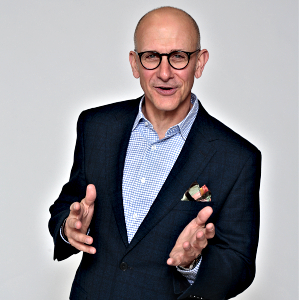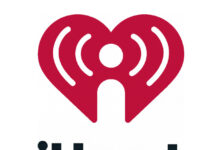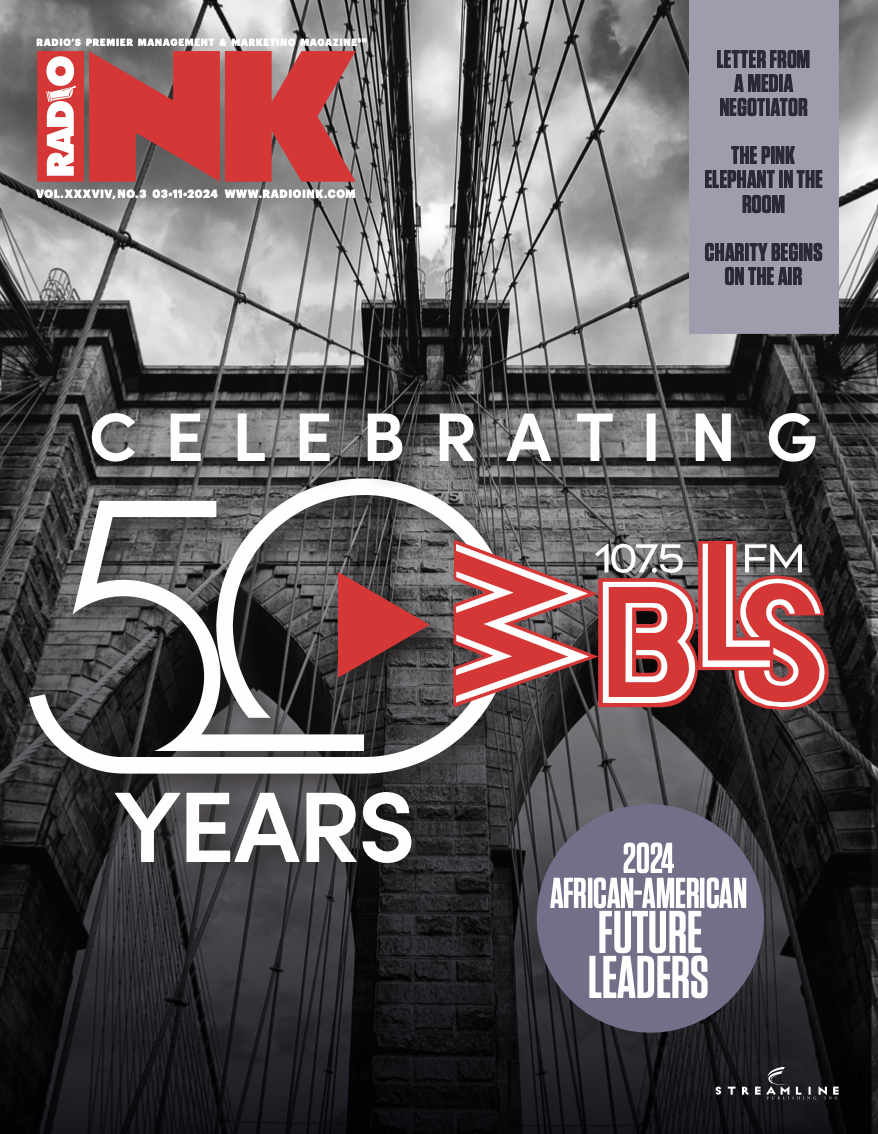
(Jeff McHugh) Which of 2022’s top podcasts will still be around in 2032? Predictions are tricky, but as a broadcasting nerd, I love studying the past for clues about the future.
As you think about your original podcast, consider lessons from the early days of television that might enlighten your strategy in the early days of podcasting today.
Like podcasting a few years ago, television in 1948 was a fledgling. Only 2% of Americans owned a TV. Sets were crazy expensive, there were few TV stations in rural areas and networks did not even broadcast every night. Most TV content was not very good.
In that setting, comedian Milton Berle was huge. As host of the variety show Texaco Star Theatre on NBC, Berle got a 90 share with slapstick pratfalls and buffooning in drag. Berle’s show was consistently #1, NBC paid him a gargantuan salary and viewers nicknamed him “Mister Television.”
You probably never heard of Texaco Star Theater, but I bet you have heard of I Love Lucy.
Lucille Ball’s blockbuster show debuted on CBS in October 1951 and “Mister Television’s” days at #1 were done. I Love Lucy was so popular it skyrocketed demand for televisions. More great shows appeared like Dragnet and The Jackie Gleason Show.
Now facing killer competition, Milton Berle was quickly in 13th place and got canceled in 1955.
Podcasting today is approximately where television was in 1953, with about 40% of Americans using the medium. Podcasting will likely not ever become as big as TV, but it is growing. There are already a gazillion podcasts, but a growing audience will certainly attract new, more talented players with killer content.
Some of the top podcasts on the chart today are exceptionally good. And some may have achieved success through buffoonery and a lack of competition, sort of like Milton Berle. Those may not make it.
Like reruns of I Love Lucy today, will your podcast still be listened to 70 years from now? Here are some observations to consider as you strategize how to put your show at the top of the podcasting chart.
- Ensemble cast – Shows with one star do not perform as well as a team of outstanding performers. I Love Lucy had Lucille Ball, Desi Arnaz, Vivian Vance, and William Frawley, each one talented enough to do their own show. Milton Berle was outnumbered 4-to-1! Podcasts and radio today are sometimes set up as “one big star with smaller moons,” which is not as successful in the long run. Single star shows are generally even less successful.
- Record and edit – Lucy and Desi took a $1000 a week pay cut to convince CBS to film the show instead of airing it live. Lucy’s edited end product was flawless compared to other shows of that era and the content still delivers a punch today.
- Keep it short – I Love Lucy was a half-hour while Texaco Star Theatre was 60 minutes, twice as difficult to fill with excellent content. And that was only once a week. Some podcasts today post every day and strain to fill an hour with A+ material.
- Reflect your audience – A woman in the lead role? And Lucy is married to a Cuban? CBS balked at I Love Lucy until they saw how funny it was — and realized that women and Hispanics respond to Nielsen surveys. Cast your show with talented people from all backgrounds.
- Go for a big audience, not a small one. Milton Berle’s show connected in urban areas, but I Love Lucy was successful everywhere. A niche topic podcast can find a huge audience if it is entertaining. Look at NPR’s Car Talk, which is still a top podcast even though the radio show ended in 2012.
Last suggestion: I say bring back the studio audience! The energy of an audience’s laughter and vocal reactions is underutilized by podcasters and radio shows today.
Jeff McHugh is known for developing remarkable talent for both morning and afternoon drive. He brings an uncommon mix of positivity, creativity, and strategy to the shows that he coaches. He is a member of the team at the Randy Lane Company. Reach Jeff at [email protected]





